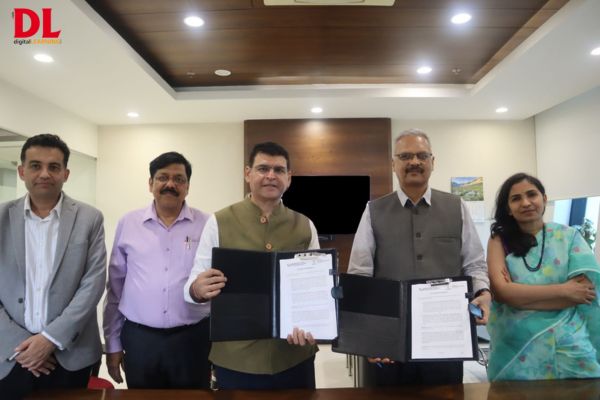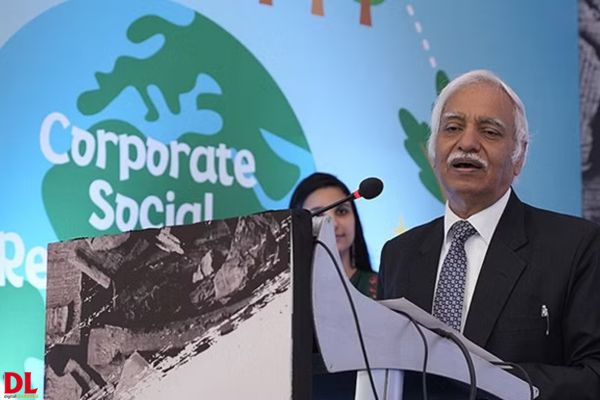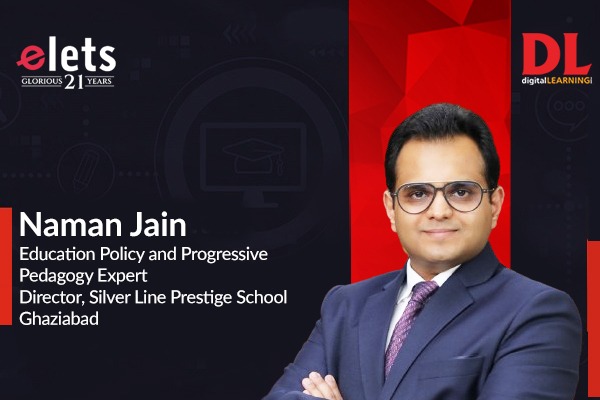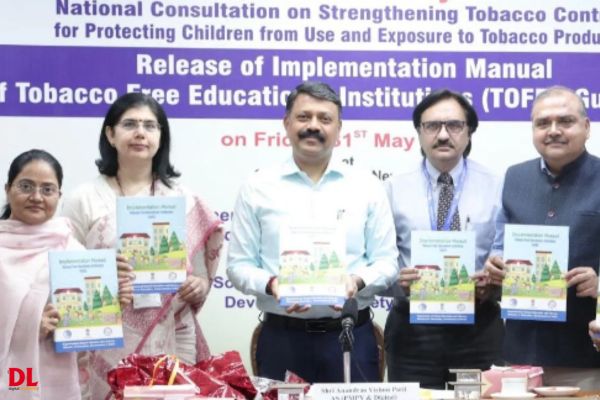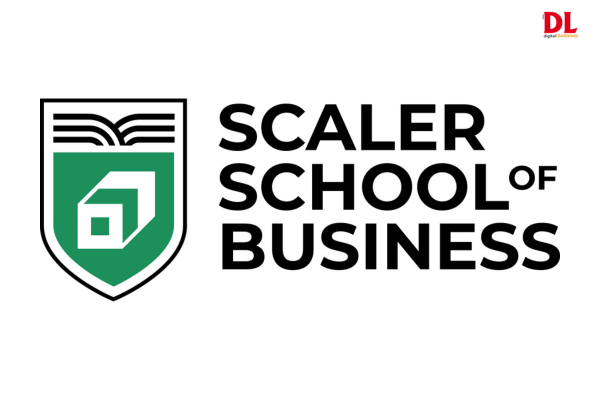New Delhi: IMT Ghaziabad recently announced its collaboration with the National Institute of Securities Markets (NISM) to unveil a comprehensive Student Immersion Program. This initiative is crafted to provide hands-on experience to students enrolled in the Postgraduate Diploma in Management—Banking and Financial Services (PGDM-BFS). It aims to offer exposure to the dynamic and rapidly evolving Indian securities markets.
The program spans six weeks, is designed for around 120 students, and encompasses 100 learning hours. The curriculum includes courses and an industry project that encapsulates a blend of academic rigour and practical experience. Students can leverage NISM’s simulated trading facilities and gain exposure through visits to prominent institutions such as SEBI, NSE, BSE, CDSL, and NSDL. Additionally, students can benefit from networking opportunities with industry practitioners and regulators during institutional visits, fostering valuable connections.
Dr Vishal Talwar, Director at IMT Ghaziabad, expressed enthusiasm about the collaboration, stating, “This initiative demonstrates our unwavering commitment to delivering a comprehensive and industry-specific education experience for our students. By bridging the gap between academic learning and the dynamic landscape of financial markets, we aim to provide our students with invaluable hands-on experience and real-world insights right from within Mumbai – India’s financial capital. We are confident that this immersive experience will equip our students with the necessary skills and enable them to build robust professional networks, thus empowering them to excel in their future careers.“
Dr. Rachana Baid, Professor and Dean of Academics at NISM, stated: “NISM is delighted to collaborate with IMT Ghaziabad for the PGDM-BFS Students’ Immersion Program. Our advanced facilities and experienced faculty are well-equipped to offer students a comprehensive understanding of the securities markets. We look forward to nurturing the next generation of financial professionals through this partnership.”
Read more: IMT Ghaziabad Remodelled PGDM-Executive Programme
This collaboration’s prime objective is to deliver exposure to the Indian securities markets, industry visits, and practical learning experiences for IMT Ghaziabad’s PGDM-BFS students. Moreover, It aims to significantly enhance their career prospects, preparing them to become future leaders and innovators in the financial sector.







